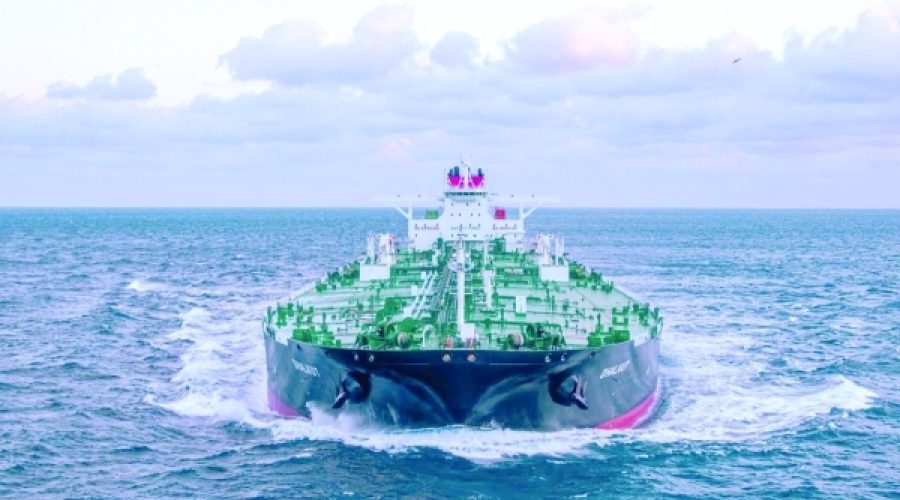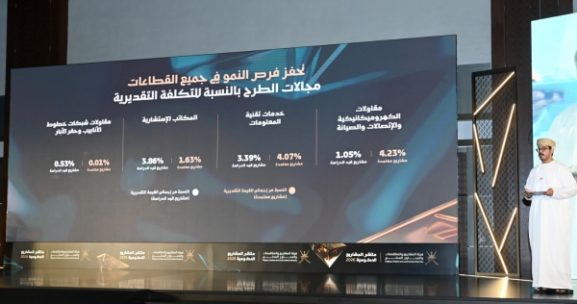Asyad Shipping’s $64M Decarbonisation Investment: What It Means for Oman’s Sustainable Business Growth
MUSCAT, August 1 — Asyad Shipping Company SAOG, Oman’s predominantly state-owned maritime transportation firm, has invested over $64 million in various initiatives to reduce the carbon footprint of its 89-vessel ocean-going fleet.
The company’s newly released 2024 Sustainability Report details these efforts. As a publicly traded entity within the Asyad Group—Oman’s integrated global logistics enterprise—the shipping company highlights its commitment to sustainability and environmental performance.
“Since 2019, we have invested more than $64 million in decarbonisation, enabling our entire fleet to comply with advanced environmental protection standards,” Asyad Group stated. “In 2024 alone, our strategic initiatives helped reduce emissions by over 4,000 tonnes.” The report emphasizes these achievements as integral to advancing Oman Vision 2040 and bolstering Oman’s role as a global logistics hub.
Dr. Ibrahim al Nadhairi, CEO of Asyad Shipping, noted significant emissions reductions across the fleet this year, driven by investments in energy-efficient technologies and targeted operational improvements. “Our efforts align with global climate commitments, including the International Maritime Organization’s strategy. By integrating cutting-edge technologies, we enhance both environmental responsibility and operational efficiency,” he said. “These advancements have optimized fleet performance and solidified our leadership in sustainable maritime operations.”
Key initiatives include the installation of Rotor Sails on one vessel last year. This technology uses rotating cylinders to harness the Magnus Effect, providing additional thrust and reducing engine dependency. Depending on wind conditions, fuel consumption and emissions can be cut by 5 to 30 percent, offering flexibility for targeted retrofits or potential fleet-wide implementation.
Additionally, Asyad Shipping is collaborating with engine manufacturers Wartsila and MAN to upgrade main engines on 22 vessels, with completion expected in 2025. These upgrades aim to optimize fuel use, improve engine performance, and reduce the fleet’s carbon footprint.
The company is also expanding the use of Hans Jensen cylinder lubricators in its two-stroke marine engines, which lower cylinder oil consumption and enhance engine health, further boosting efficiency.
In carbon mitigation, Asyad Shipping has partnered with the German University of Technology (GUtech) to investigate Carbon Capture, Utilization, and Storage (CCUS) technologies. This collaboration explores methods such as pre-combustion, oxy-fuel, post-combustion, and direct air capture to develop advanced emission control solutions.
Looking forward, the company plans to implement a vessel performance monitoring system to support compliance with climate-related regulations, including the Carbon Intensity Indicator (CII) and the European Union Emissions Trading System (EU ETS), while improving fuel efficiency and reducing emissions in real-time.
Furthermore, new LNG dual-fuel vessels will be equipped with shaft generators that draw power directly from the main engine shaft, eliminating the need for separate generator fuel consumption. This innovation is expected to save 2–4 percent in fuel oil, equivalent to approximately 2–4 tonnes daily.
These comprehensive efforts underscore Asyad Shipping’s dedication to sustainability and its role in advancing Oman’s ambitions as a global maritime and logistics leader.
Special Analysis by Omanet | Navigate Oman’s Market
Asyad Shipping’s ambitious $64 million investment in decarbonisation technologies signals Oman’s growing commitment to sustainable logistics, creating significant opportunities for green innovation and partnerships. Businesses in Oman should leverage this momentum to align with global environmental standards, while investors and entrepreneurs ought to focus on clean maritime technologies and regulatory-compliant solutions poised to shape the future of the shipping sector.



